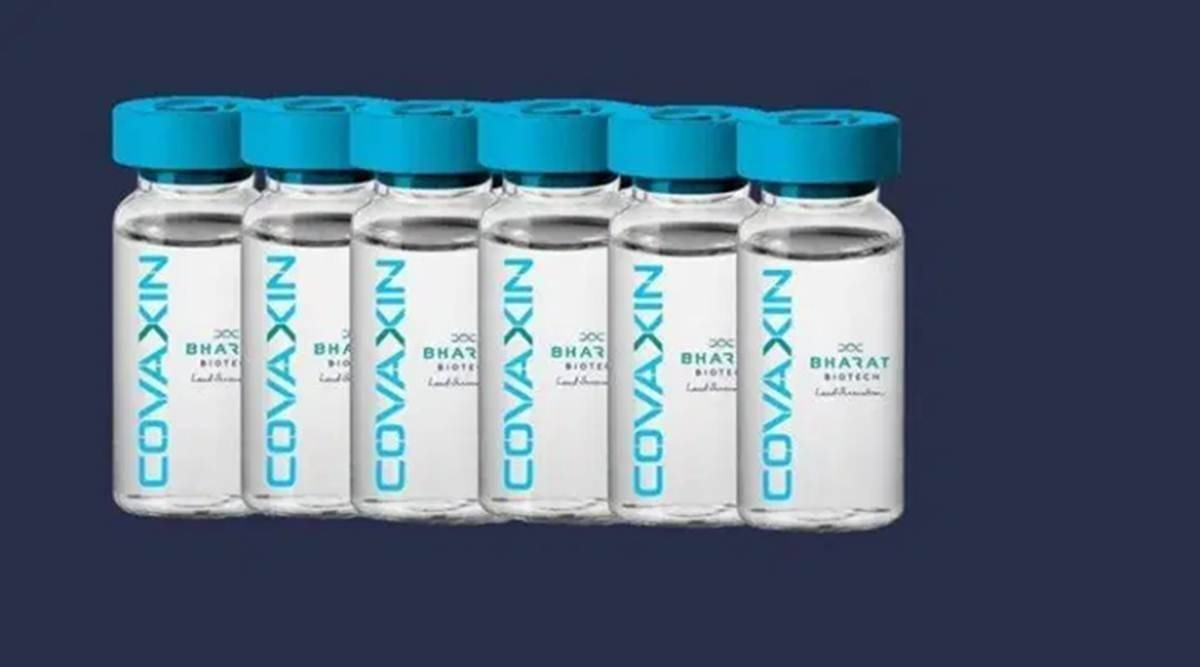
Covaxin, a candidate for BHARAT BIOTECH’s indigenous Covid vaccine currently in late-stage clinical trials, triggered humoral and cell-mediated immune responses and was well tolerated with no serious adverse events in its phase 2 trials, according to an article by Research released by the Hyderabad-based company, which has yet to be peer-reviewed.
The researchers, however, said that the efficacy of their vaccine candidate can be evaluated in large Phase 3 clinical trials.
Significantly, the panel of experts in the field, which is examining Bharat Biotech’s application for the authorization of emergency use of its candidate vaccine, has asked it to submit the safety and efficacy data from the ongoing phase 3 clinical trials. for your further consideration. The firm has only submitted interim safety and immunogenicity data from its phase 1 and 2 trials in the country while seeking authorization for the emergency use of its vaccine.
Phase 2 of the clinical trials was conducted in nine hospitals in nine states. “… This study was conducted with participants from various geographic locations, enrolling 380 participants in nine hospitals. The study enrolled participants with a wide range of ages and found no difference in immune responses between age groups, ”the researchers said.
A human body has two immune response mechanisms. First is the humoral immune response, also called antibody-mediated immunity. However, when a virus enters a cell and can no longer be detected by antibody-mediated immunity, there is a chance that the cell-mediated immune response takes over to kill the virus. Cellular immunity occurs within the infected cell and is mediated by T lymphocytes.
“In the phase 2 trial, BBV152 led to tolerable safety results and an improved humoral and cell-mediated immune response,” the researchers said in the article.
They said that the vaccine-induced immune response was comparable to those seen in convalescent serum collected from patients who had recovered from Covid-19. “… The seroconversion rates of neutralizing antibodies on day 56 were 92.9% and 98.3% in the 3 µg and 6 µg groups with …, respectively,” the paper said.
“It is hypothesized that the humoral and cell-mediated responses reported in this study may persist for at least 6-12 months after the second dose of vaccination,” the immune response researchers concluded.
During the trial, solicited local adverse events included injection site pain and swelling, and systemic adverse events included fever, fatigue, body aches, headache, nausea, and diarrhea. The researchers said that “no serious adverse events were reported in this study.”
“After both doses, the most common solicited adverse events were injection site pain, at 2 · 6% and 3 · 2% in the 3 µg and 6 µg… groups, respectively. Most adverse events were mild and resolved within 24 hours of onset, ”the researchers said.
They said that a total of 6 of the 21 unsolicited adverse events were reported to be related to the vaccine. “No serious adverse events were reported until day 56,” they said. “The most common adverse event was pain at the injection site, followed by headache, fatigue and fever. No solicited serious or life-threatening adverse events (grades 4 and 5) were reported. “
.